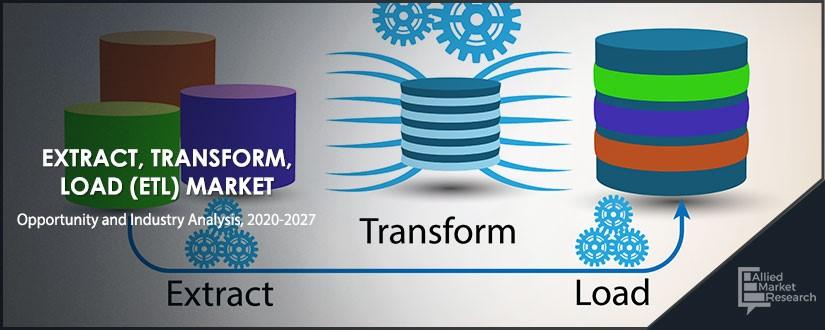

Against this background, the dissertation aims to comprehensively examine the data quality of RIS and its impact on user acceptance, as well as to present the techniques, methods and measures of data quality management that are applicable to research information in order to provide institutions with the ability to detect, correct and improve on missing, incorrect and inconsistent data.

To be able to recognize errors at an early stage and treat them efficiently, RIS-using higher education and non-university research institutions in Germany and various European countries should consider data quality management as a holistic and continuous improvement process in order to provide an adequate and reliable basis for decision-making in an RIS and to increase the confidence in the available data. Collecting, integrating and storing input of research information from a variety of heterogeneous data sources and different independent information systems into the research information system (RIS) can result in various data errors and abnormalities, which, on the one hand, can have a different negative impact on the quality of the data and, on the other hand, lead to erroneous research reporting.


 0 kommentar(er)
0 kommentar(er)
